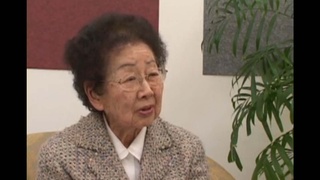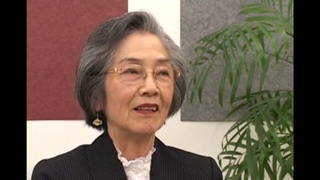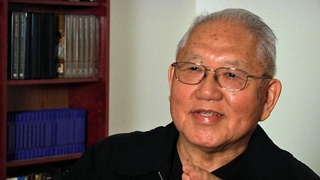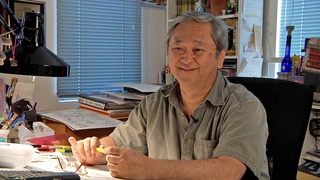Interviews
Impact of Coming Out on Her Family
When you have children, I think it's not healthy to be closeted. I actually had friends who had children that were lesbian friends that were older than me, and they were closeted to their kids.
I want I wonder what that does to a child, you know, like, are you going crazy? I think maybe my mom's gay, but I mean, how can you live under the same roof and not be open? And then how can you, like, expect your children to not be open about that at school? And so, you know, we were completely out in terms of school and like I said, professionally.
But I thought it was important for we consulted with our children. I said, “Hey, I'm going to be on the news with this. Is that okay with you?” And they're like, “Sure,” they didn't, they didn't even understand because it's like, how does that even differ from the way we're living, living our lives right now? So I said, “Sure, I'll do the interview.” And then I said, “Yes, I'm gay.” And, and I said...
To me, it was really important for me to be open, to provide hope not just for the young people, but also to kind of like tell their parents that, “Hey, accept your children.” You know, gay people, LGBTQ people can be happy, can have families, and can be professionally successful and live regular lives. So accept your children. And so, you know, that's why I thought it was really important for me to be out.
And when I did so, I became the first Asian-American of the LG - who was openly LGBTQ to serve on a state court of last resort.
Date: July 14, 2022
Location: California, US
Interviewer: Lana Kobayashi
Contributed by: Watase Media Arts Center, Japanese American National Museum; Japanese American Bar Association
Explore More Videos

Being Nikkei: A Double Responsibility (Spanish)
(1958-2014) Former Bolivian Ambassador to Japan

The Impact of Technology in Japan (Spanish)
(1958-2014) Former Bolivian Ambassador to Japan


The Secret to Youth (Japanese)
(b.1908) Daugther of the first publisher of the Rafu Shimpo


Interest in Japan stemmed from his mother and grandmother’s stories
(b. 1981) Enka Singer


Dreamed of becoming an Enka singer
(b. 1981) Enka Singer

His clothes are part of his identity
(b. 1981) Enka Singer

Hopes everyone pursues their dreams regardless of race or heritage
(b. 1981) Enka Singer

Considers Pittsburg his home, but always wanted to live in Japan
(b. 1981) Enka Singer


The first concert in the United States (Japanese)
(b. 1981) Enka Singer


